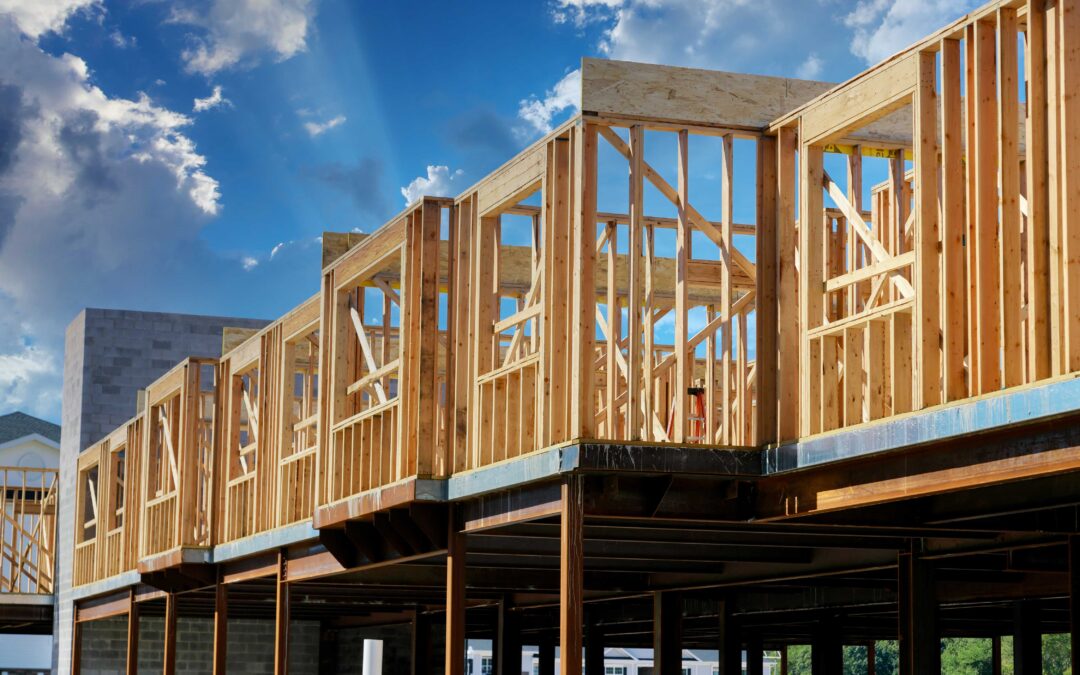In the dynamic world of construction, collaboration is the cornerstone of success. With countless moving parts and unforeseen challenges, having the right partners can make or break a project. The development partner plays a pivotal role in ensuring construction projects not only meet expectations but exceed them.
Let’s delve into the role of a development partner, their importance, and how to choose the right one for your project.
What is a Development Partner?
A development partner is an individual or organization that collaborates with developers, builders, and stakeholders to drive the success of construction projects. They bring expertise, resources, and strategic oversight to every phase of the project, ensuring smooth execution and optimal outcomes.
Roles and Responsibilities
Development partners wear many hats, including:
- Strategic Oversight: Helping to define the vision and objectives of the project.
- Resource Allocation: Securing financial, operational, and human resources.
- Risk Management: Identifying and mitigating potential risks.
- Project Coordination: Ensuring seamless collaboration among all stakeholders.
Types of Development Partners
- Financial: Provide capital and manage budgets.
- Operational: Oversee day-to-day construction activities.
- Strategic: Offer long-term vision and planning support.
Benefits of Having a Development Partner
Access to Expertise and Resources
Development partners bring specialized knowledge and tools that can streamline the construction process. Their expertise often leads to innovative solutions, improved efficiency, and cost savings.
Risk Sharing and Management
By sharing financial and operational risks, development partners alleviate the burden on individual stakeholders. They also bring proven risk management strategies to the table, ensuring the project stays on track.
Enhanced Project Efficiency and Success Rates
With their focus on coordination and optimization, development partners can significantly improve timelines and outcomes. Their involvement often leads to higher-quality results and greater client satisfaction.
What to Consider When Choosing a Development Partner
Alignment of Goals and Values
Choose a partner whose vision and priorities align with yours to ensure smooth collaboration and a unified approach to the project.
Track Record and Experience
Look for partners with a proven history of successful projects. Let their experience provide valuable insights and reduce the likelihood of errors.
Communication and Collaboration Skills
Effective communication is crucial in any partnership, so ensure your partner excels in fostering open dialogue and maintaining transparency.
Case Studies and Examples
IBG Group: Transforming Complex Projects
IBG Group has been instrumental in numerous construction successes, such as [case study example name and link]. Their approach highlights the value of expertise, collaboration, and innovative problem-solving in delivering projects on time and within budget.
Extra Tips for Working with Partners
- Early involvement of partners ensures better planning and fewer surprises.
- Open communication fosters trust and minimizes conflicts.
- Clear contracts outline expectations and responsibilities, reducing ambiguity.
Conclusion
In construction projects, the value of a development partner cannot be overstated. From mitigating risks to enhancing efficiency and success rates, they play an indispensable role in ensuring projects achieve their goals. If you’re planning your next construction venture, consider partnering with a trusted development expert to unlock your project’s full potential.
See What’s Possible with the Right Partner
Explore how development partnerships drove success in these real-world projects:
Orion: A cost-Efficient, Low-Carbon Retrofit
Oso: Delivering Sustainability Without Compromise
Learn more about our development partner services on our Services page.
